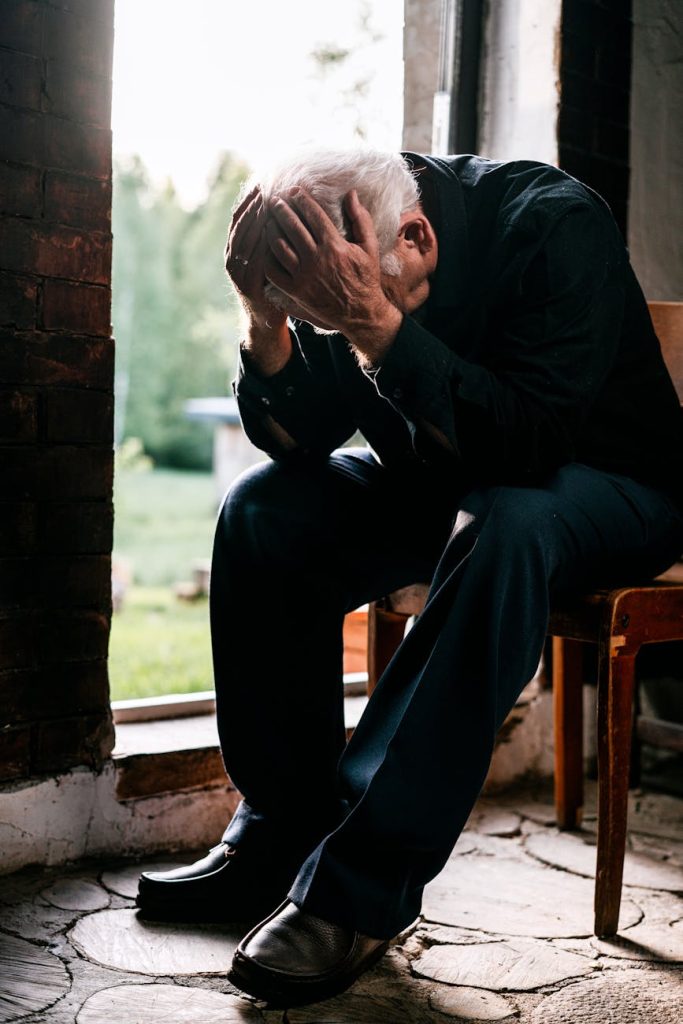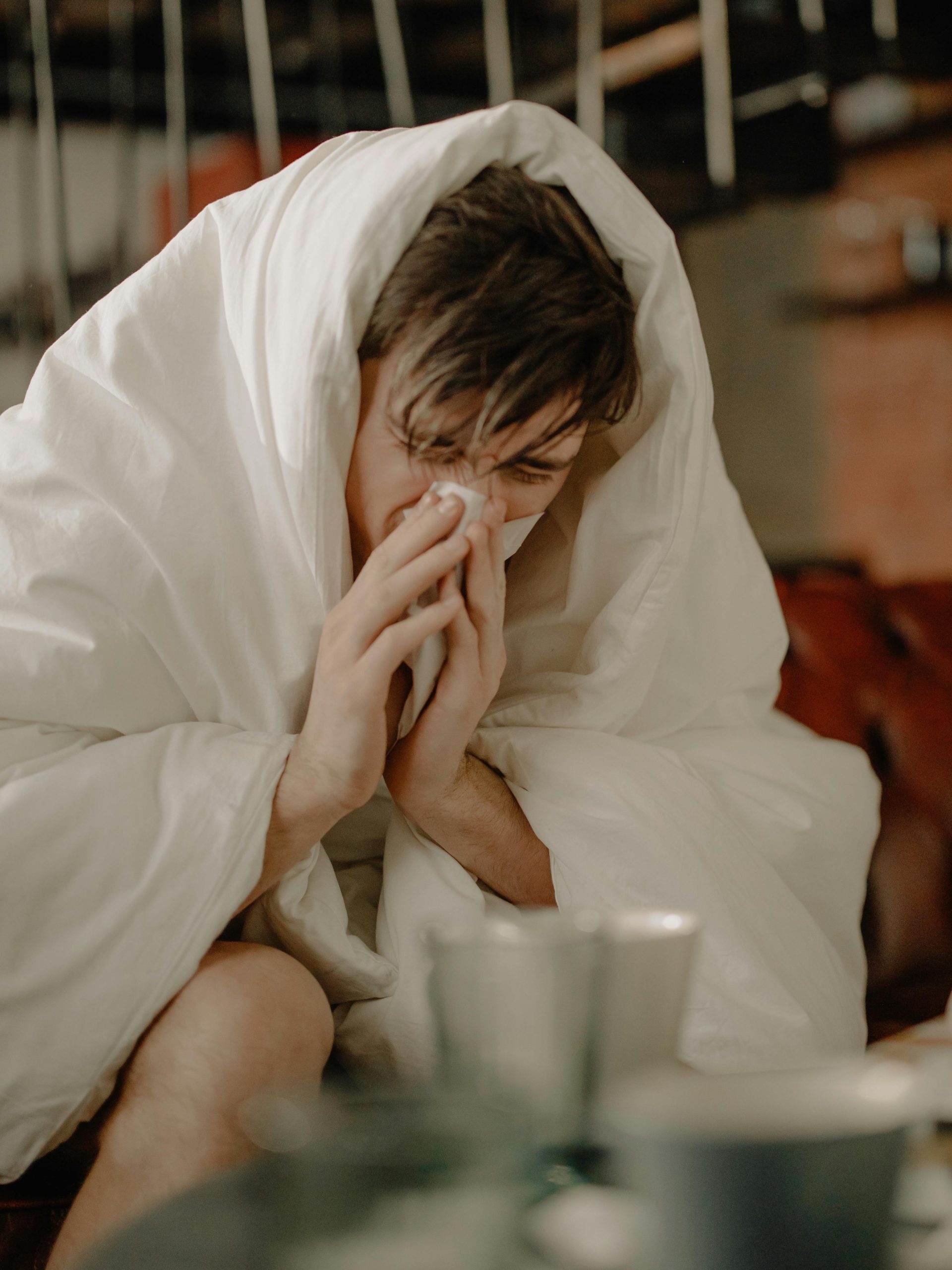Erectile Dysfunction: Not Just for Old Men
When people hear “erectile dysfunction” (ED), they often imagine an older man struggling with age-related decline. But here’s the truth: ED is not just for old men. It affects young men too — sometimes in their 20s, even late teens. And often, the causes have nothing to do with age.
At Penis Life Matter, we believe every man deserves to understand his body — free from shame, misinformation, or silence. This article breaks down what erectile dysfunction really is, why it happens at any age, and what you can do about it.
✅ What Is Erectile Dysfunction?
Erectile dysfunction is the inability to get or keep an erection firm enough for sexual activity.
It’s not just “not getting hard.” ED can also mean:
- Erections that don’t last long enough for sex
- Erections that are weaker than usual
- Trouble getting hard sometimes, but not always
A one-off issue? That’s normal. But if it happens regularly, it’s time to pay attention.
📊 ED in Numbers
- 1 in 4 men seeking help for ED are under 40
- 30% of men aged 18–40 experience occasional ED
- 50% of men over 50 have some form of erectile difficulty
So yes, ED happens to young guys — and it’s more common than you think.
🧠 The Psychology of ED
For many younger men, the cause of ED isn’t physical — it’s mental.
Common psychological causes include:
- Performance anxiety: Fear of “not being good enough”
- Low self-esteem: Doubting your size, skill, or masculinity
- Stress: From work, school, or relationships
- Depression: Low mood can affect sexual desire and function
- Porn-induced ED: More on this later
Your brain is your largest sex organ. If it’s distracted, anxious, or overwhelmed, your penis might not cooperate.
🧬 Physical Causes of ED (At Any Age)
Even if you’re young, ED can be linked to physical issues like:
- Poor blood flow (e.g., due to smoking or high cholesterol)
- Obesity or poor fitness
- Low testosterone
- Diabetes
- High blood pressure
- Neurological conditions
- Side effects from medications (including antidepressants)
- Alcohol or drug use
The penis is a vascular organ. If your heart and blood vessels aren’t working right, your erections suffer.
💻 The Porn Connection
This deserves its own section. Many men today — especially younger men — experience porn-induced erectile dysfunction (PIED).
How It Happens:
- Repeated porn use overstimulates the brain’s reward system
- Your brain gets used to hyper-stimulation: fast, endless novelty
- Real-life sex, with real people, starts to feel less exciting
- Your body may not respond as strongly to a real partner
📌 Signs of porn-related ED:
- You can get an erection alone with porn, but not during sex
- You need more extreme porn to get aroused
- You feel less interested in real partners
Good news? PIED is often reversible with time and behavioral change.
🧪 Diagnosing ED
If you’re struggling with erections consistently, don’t just guess — get checked.
A doctor may:
- Review your medical history
- Test your hormone levels
- Check for diabetes or blood pressure issues
- Ask about stress, mental health, or substance use
- Possibly do a penile ultrasound (in some cases)
Being honest is crucial. ED is not a “dirty” problem — it’s a medical one.
🩺 What You Can Do (No Matter Your Age)
Let’s break it down into physical, mental, and lifestyle strategies.
🧘 1. Mental Health First
- Therapy: Especially if anxiety or depression is involved
- Sex therapy: For ED linked to trauma, performance fear, or body image
- Mindfulness: Staying present during sex helps reduce “spectatoring”
- Open communication: Talk with your partner about what’s happening — this reduces pressure and builds trust
🥗 2. Fix Your Lifestyle
- Exercise regularly: Improves blood flow and testosterone
- Eat clean: A Mediterranean-style diet is linked to better erections
- Quit smoking: Cigarettes damage blood vessels
- Limit alcohol: Booze can kill your erection, especially in the moment
- Get enough sleep: Low sleep = low testosterone = weaker erections
A healthier body = a healthier penis.
🧠 3. Rewire Your Brain
If porn is a factor:
- Try a porn detox for 30–90 days
- Focus on real-life connection, not screen stimulation
- Use the time to retrain your arousal patterns
- Get support from online communities like NoFap or Reboot Nation
This process can be uncomfortable — but many men report improved erections, confidence, and libido afterward.
💊 4. Medical Treatments
If lifestyle changes alone don’t help, your doctor may recommend:
- PDE5 inhibitors (like Viagra, Cialis)
- Boost blood flow temporarily
- Require sexual stimulation to work
- Testosterone therapy
- Only if your levels are clinically low
- Penile injections or devices
- Rare, but options for severe cases
- Psychological treatment with medication
- If mental health plays a big role
💡 Don’t self-medicate. Always talk to a doctor before using ED meds — especially if you have heart issues.
❌ What NOT to Do
Avoid these common mistakes:
- Ignoring it: ED can signal deeper health problems — don’t dismiss it
- Using sketchy “natural” pills from the internet: Many are unregulated or dangerous
- Blaming yourself: ED doesn’t mean you’re less of a man
- Pushing through sex you don’t feel ready for: This can worsen anxiety
❤️ Talking to Your Partner
ED can be awkward to bring up, but hiding it can create distance.
Here’s how to approach it:
- Be honest: “I’m having trouble getting/staying hard lately, and I want to figure it out.”
- Explain it’s not about them: Let them know it’s a you issue, not a reflection of their desirability
- Ask for support: You’re a team, and intimacy is a shared experience
Surprisingly, many partners are understanding — especially when they see you’re taking it seriously.
💬 Real Talk: You’re Not Alone
Every man experiences some level of erectile difficulty in his life. It might be due to:
- A bad day
- Stress at work
- Drinking too much
- Lack of attraction
- Medication side effects
- Relationship stress
It’s normal, it’s common, and it’s not the end of your sex life.
🚀 Penis Life Matter Takeaway
ED doesn’t define you. It doesn’t mean you’re weak, broken, or unattractive. It’s a signal, not a sentence.
Whether it’s psychological, physical, or somewhere in between — erectile dysfunction is treatable, understandable, and nothing to be ashamed of.
The key? Start the conversation. With your doctor. With yourself. With your partner.
And remember: At Penis Life Matter, your body, your pleasure, and your confidence all matter — no matter your age.



